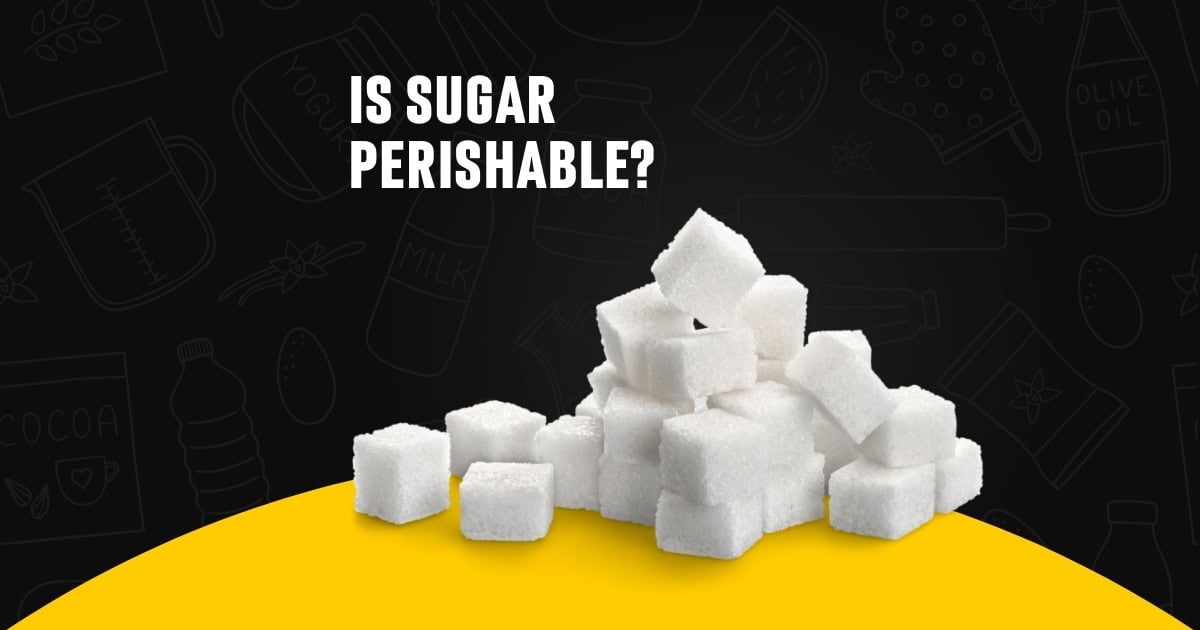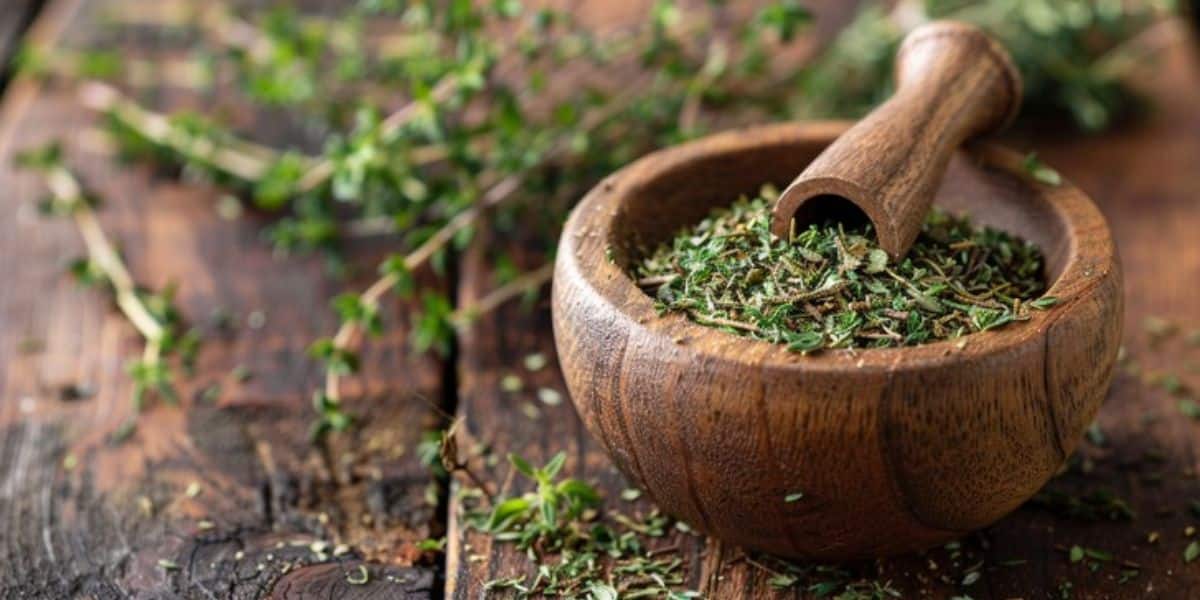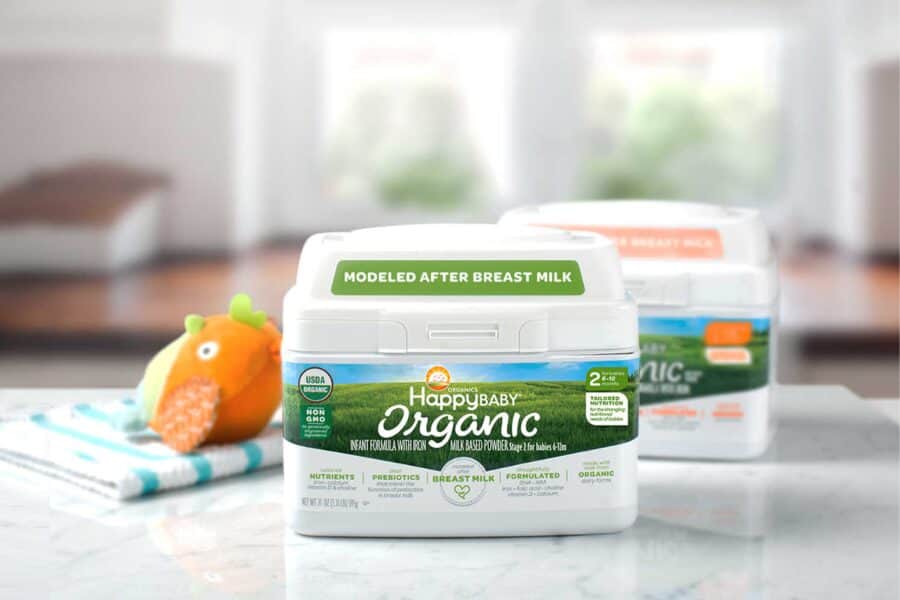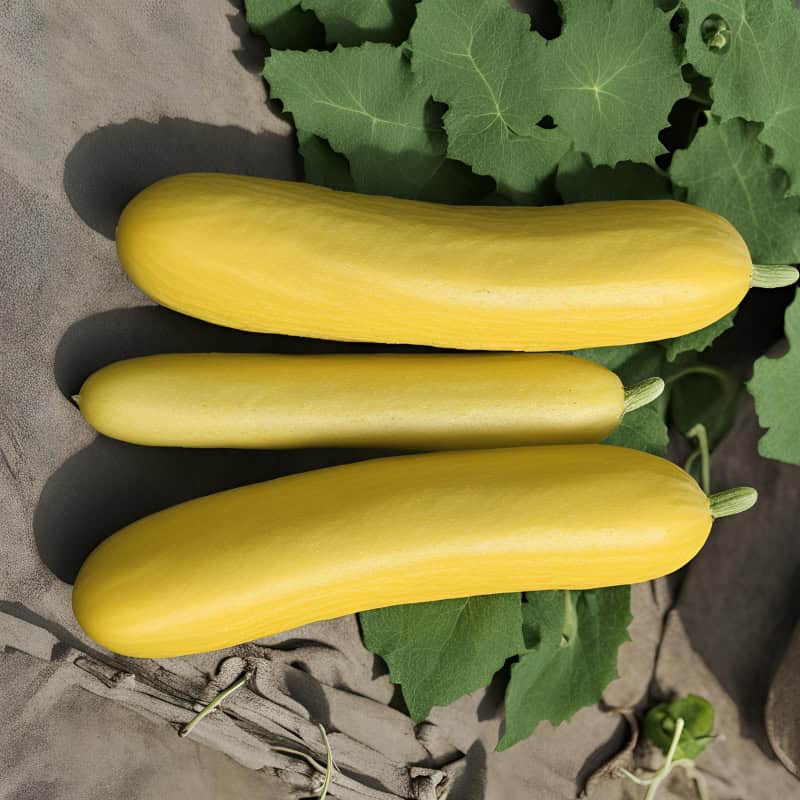Does sugar expire, or is it a non-perishable food item? Well, the answer is more nuanced than you might think. Sugar is a staple ingredient in countless recipes, used in both daily beverages, sweet treats, and savory dishes. And here’s the scoop: while sugar doesn’t exactly sport an expiration date tattooed on its packaging, it’s not immune to the spoilage with time.
Yup, sugar can turn sour if left to its own devices without proper storage. Ever cracked open a box of sugar that’s been lurking in your pantry for what feels like eons, only to wonder, “Does sugar expire?” Hey, we’ve all been there! Here’s everything you need to know about the sugar storage, expiration, and how you can extend its shelf life.
Let’s kick it off.
Does Sugar Expire?

To answer does sugar expire, lets debunk some myths. Starting with: Sugar lasts forever. While sugar does have a long shelf life compared to many other food items, research says that it is not immune to spoilage. Factors such as moisture, temperature, and exposure to air can all impact the quality and freshness of sugar over time.
The second myth is that sugar cannot go bad because it is a preservative itself. While sugar’s ability to absorb moisture and create an environment unfavorable for bacterial growth can help inhibit spoilage, it does not make sugar immune to degradation. Improper storage conditions or prolonged exposure to air can still lead to changes in sugar’s texture, flavor, and overall quality.
What Are The Signs of Expired Sugar?

If the goal is to inch a step closer towards zero-waste living, then it’s important to discern when a product like sugar has gone bad. You can do it by taking these sensory tests and visual cues. Here are 5 signs of expired sugar:
Clumping: When sugar absorbs moisture from the air, it can form lumps or clumps, indicating that it may have exceeded its shelf life. Check for any irregularities in texture or consistency when inspecting your sugar.
Discoloration: If your sugar appears darker or has visible spots of mold or mildew, it is likely past its prime and should be discarded.
Pest Infestation: Keep an eye out for any signs of pest infestation, such as tiny insects or larvae, in your sugar. Pests can compromise the safety and quality of sugar, indicating that it may be unfit for consumption.
Smell Test: Take a whiff of your sugar to detect any off-putting odors. Fresh sugar should have a neutral scent, while expired sugar may emit a musty or sour smell, indicating degradation.
Taste Test: While not always recommended due to potential health risks, a small taste test can help determine sugar freshness. Fresh sugar should taste sweet and pleasant, while expired sugar may have a stale or off-flavor.
How Can We Store Sugar Sustainably?

Exploring sustainable storage practices for sugar not only helps extend its shelf life but also reduces environmental impact. Instead of buying plastic packets every month, you can buy it in bulk and store properly for extended periods. Here are three ways to store sugar sustainably:
Glass Jars: Repurpose mason jars and glass jars from food items such as sauces, jams, or pickles for sugar storage. Glass is a durable and non-toxic material that is recyclable and can be reused indefinitely.
Stainless Steel Canisters: Buy stainless steel canisters or containers specifically designed for storing dry goods like sugar. Stainless steel is rust-resistant, easy to clean, and has a long lifespan, making it a sustainable choice for food storage.
Silicone Storage Bags: Reusable silicone storage bags are great alternative to plastic bags for storing sugar. Silicone is a non-toxic and durable material that is dishwasher safe and can be reused countless times.
How To Prolong The Shelf Life of Sugar?

Research recommended to use up store-bought sugar within two years. However, sugar, when stored properly, can last indefinitely. Here’s how you can extend the shelf life of sugar:
Keep in a Cool, Dry Place: Store sugar in a cool, dry pantry or cupboard away from direct sunlight and heat sources. Excessive heat and humidity can accelerate sugar degradation and promote mold growth, leading to premature spoilage.
Use Airtight Containers: Transfer sugar to airtight containers to prevent exposure to air and moisture, which can compromise its quality and freshness. Airtight containers also help preserve sugar’s flavor and aroma over time.
Label Containers: Clearly label sugar containers with the date of purchase or expiration to keep track of its freshness. This helps avoid confusion and ensures that older sugar is used before newer batches, reducing the risk of waste.
What To Do With Expired Sugar?
So, you’re beyond the “does sugar expire?” question, and you’re now dealing with expired sugar. What to do now? Well, pnce you determine that sugar is fit for usage through a smell and taste test, you can repurpose it through multiple ways.
If your sugar has expired or degraded in quality, there are still some ways you can put it to good use rather than simply throwing it away. Here are a few suggestions:

Exfoliating Scrubs: Mix expired sugar with natural ingredients such as coconut oil or honey to create homemade exfoliating scrubs for the skin. The granules of sugar help remove dead skin cells, leaving the skin feeling soft and smooth.
DIY Body Scrubs: Combine expired sugar with essential oils and herbs to make aromatic body scrubs. These scrubs can be used in the shower to exfoliate and moisturize the skin, providing a spa-like experience at home.
Cleaning Agent: Use expired sugar as a natural cleaning agent for household tasks such as scrubbing pots and pans or cleaning greasy surfaces. The abrasive texture of sugar helps remove stubborn stains and residue without the need for harsh chemicals.
Summing Up!
We hope this answers all your questions related to: Does sugar expire? While sugar might not come with a glaring expiration date like its perishable pals, it’s not immune to the passage of time. Left to its own devices, sugar can lose its sparkle, affecting its taste and quality.
With a little storage care, you can store sugar for years. And if the sugar has indeed gone bad, you can always repurpose it as a scrub for your skin or a natural cleaner for your home.
Ready to be an eco-wiser in the kitchen? Explore our blog on sustainable products and kickstart your eco-journey today.
Frequently Asked Questions
Does sugar expire?
Sugar doesn’t have a strict expiration date like other perishable foods. However, its quality can degrade over time due to factors like moisture, air exposure, and storage conditions. It’s best to consume store-bought sugar within two years of buying it.
Does sugar expire when kept in open air?
Sugar can degrade when exposed to open air, but it doesn’t exactly “expire” or go bad in the way that perishable foods do. When sugar is left uncovered in open air, it becomes susceptible to moisture absorption, which can lead to clumping and changes in texture.
What’s the best way to store sugar for long-term freshness?
Store sugar in airtight containers, such as glass jars or metal canisters, in a cool, dry pantry or cupboard. Label containers with the date of purchase or expiration to keep track of freshness.








